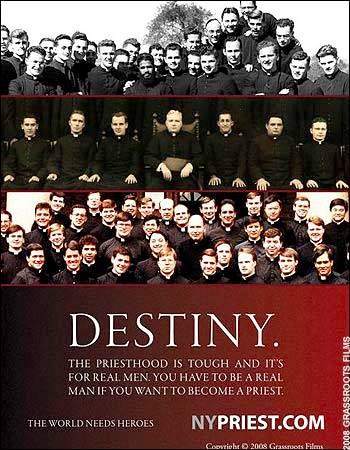I don’t make them. But I will lose more weight this year. Out of fear.
I was just at the grocery store, standing in the check-out line, which has become a gauntlet of terror. It’s the magazines.
Today, it was Paula Deen, round-cheeked and grinning, teeth bleached white, eyes like cold blue LEDs, photoshopped into perfectly plasticky plump grandmotherliness — a grandma with the complexion of an irradiated sixteen year old, glowing and sparkling — and she was holding a bowl of livid yellow macaroni and cheese that was bigger than her head. And I said to myself, this is the new face of death. And I said to myself, this is the American face of death, the death of viscid excess, the death that ends not in bones, but a quivering mass of adipocere. And I said to myself, don’t piss yourself, Myers, but that’s goddamn terrifying.
And I thought about buying that magazine and pasting that freakishly leering face on my refrigerator, but decided that placing a potent ward in my kitchen that would cause me to starve to death instead probably wasn’t a good idea.
But this is not a New Year’s resolution.
Tomorrow, it’ll probably be the Kardashians, and I’ll vow to Read More Books; or closeups of some starlet’s cellulite, and I’ll vow to be Less Superficially Judgmental; or creepy weepy exposes of a dying actor’s final hours, and I’ll vow to Crawl into a Cave When it’s my Time to Die. You can learn a lot from the supermarket checkout line, but mainly you learn that there’s a side of humanity that makes a fellow ashamed to be a humanist.




